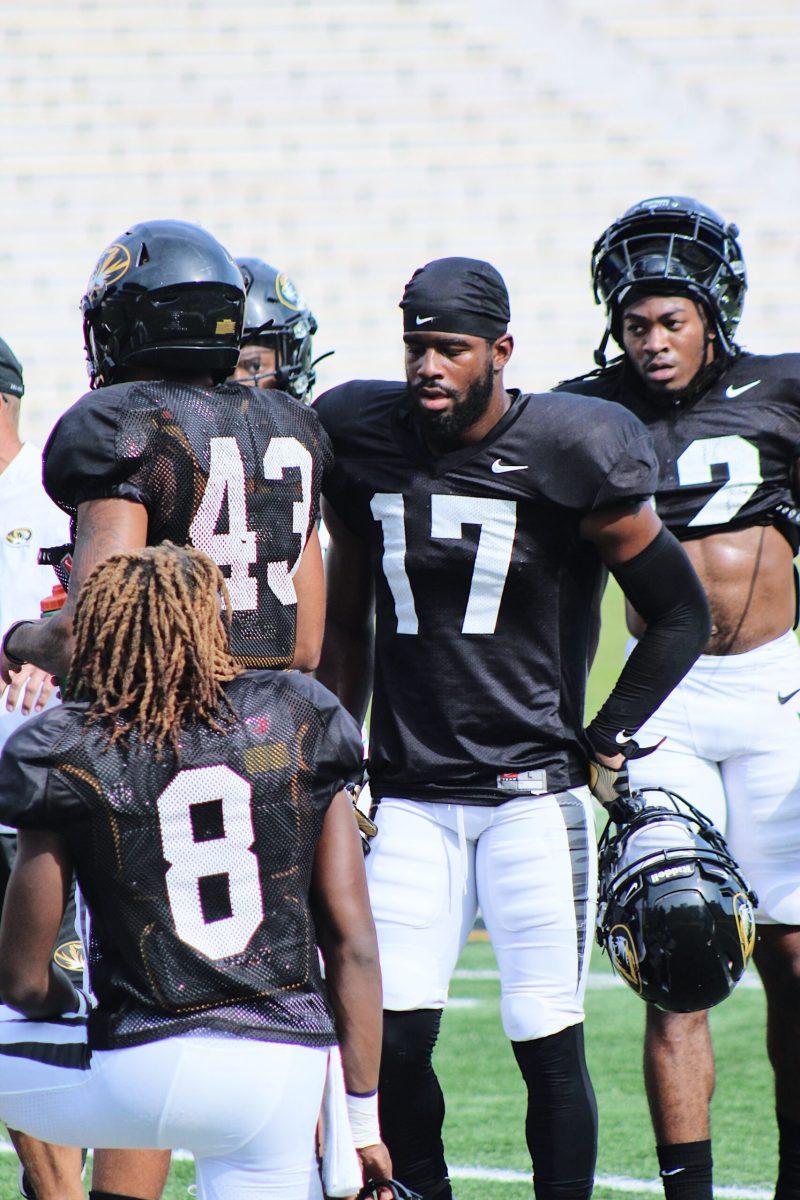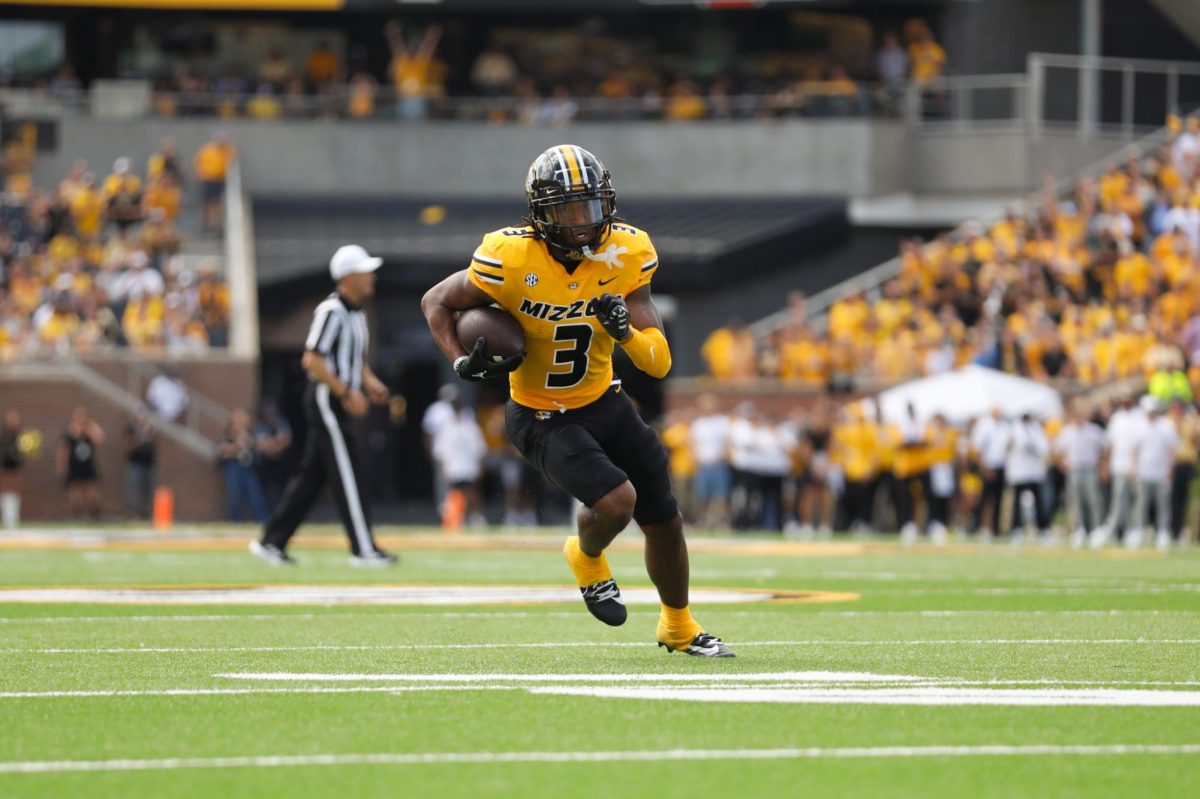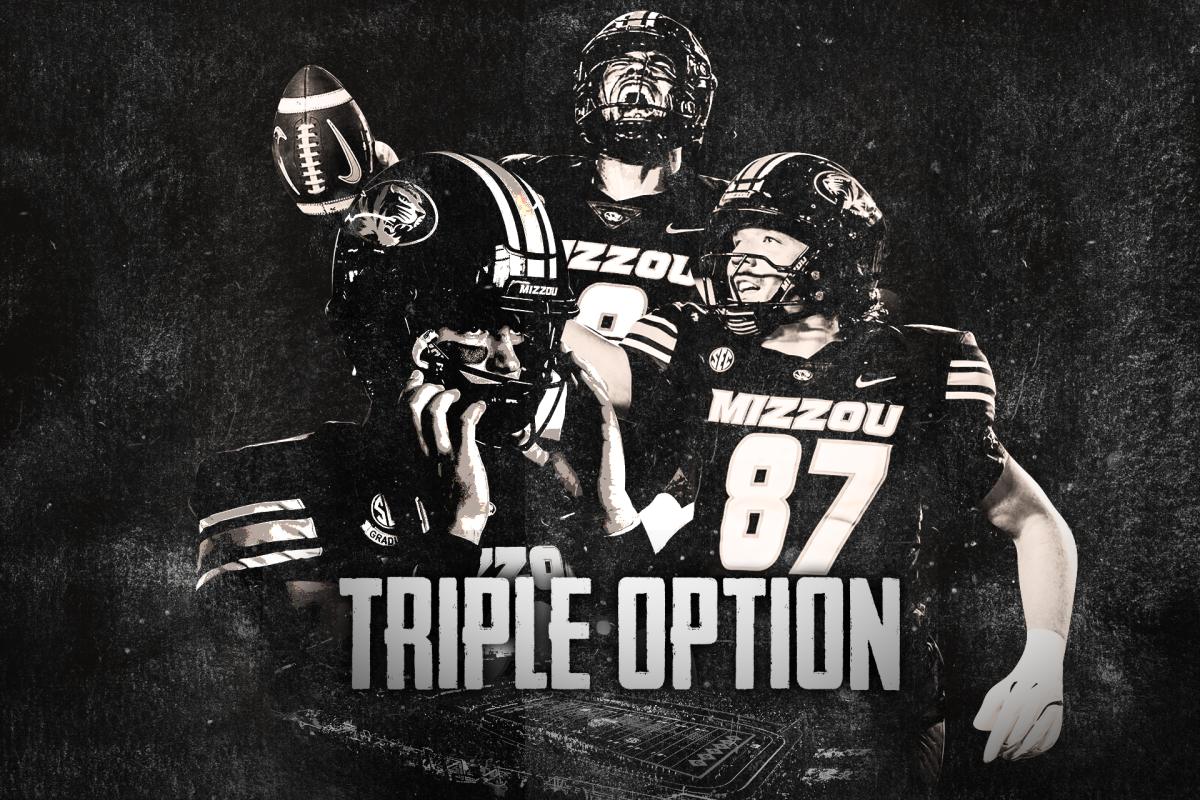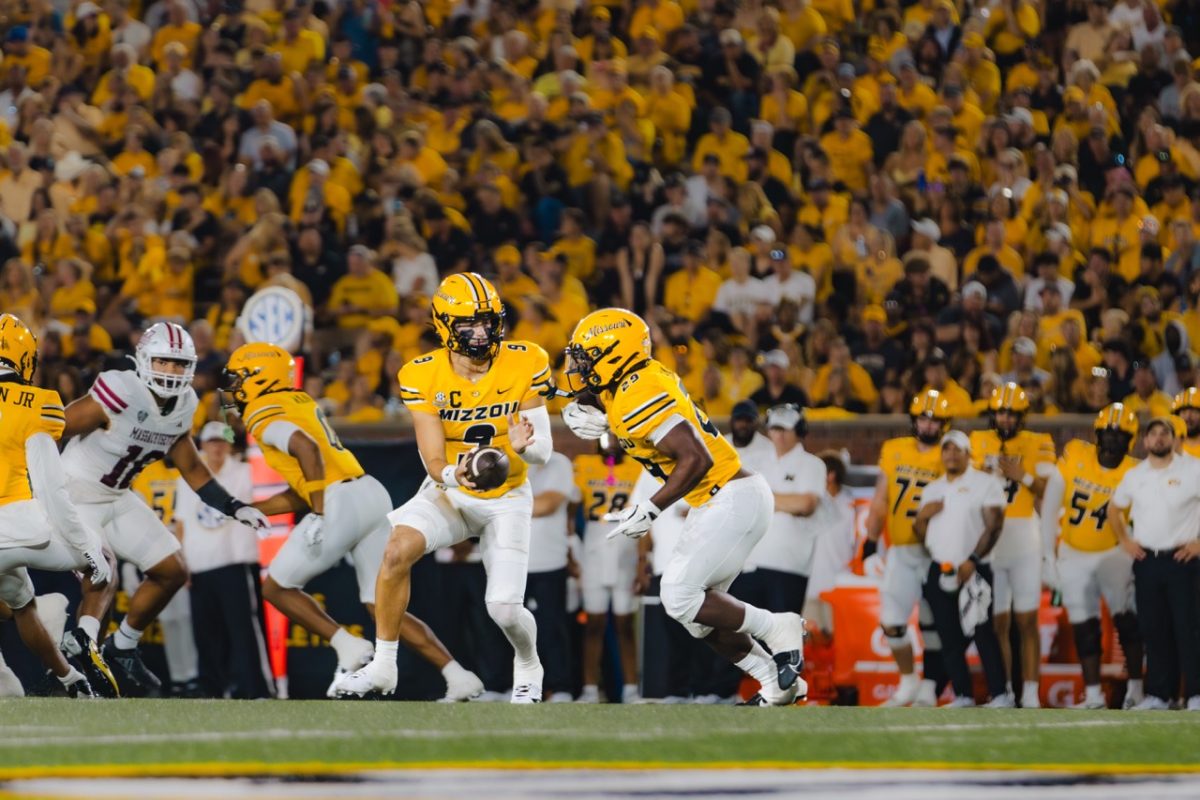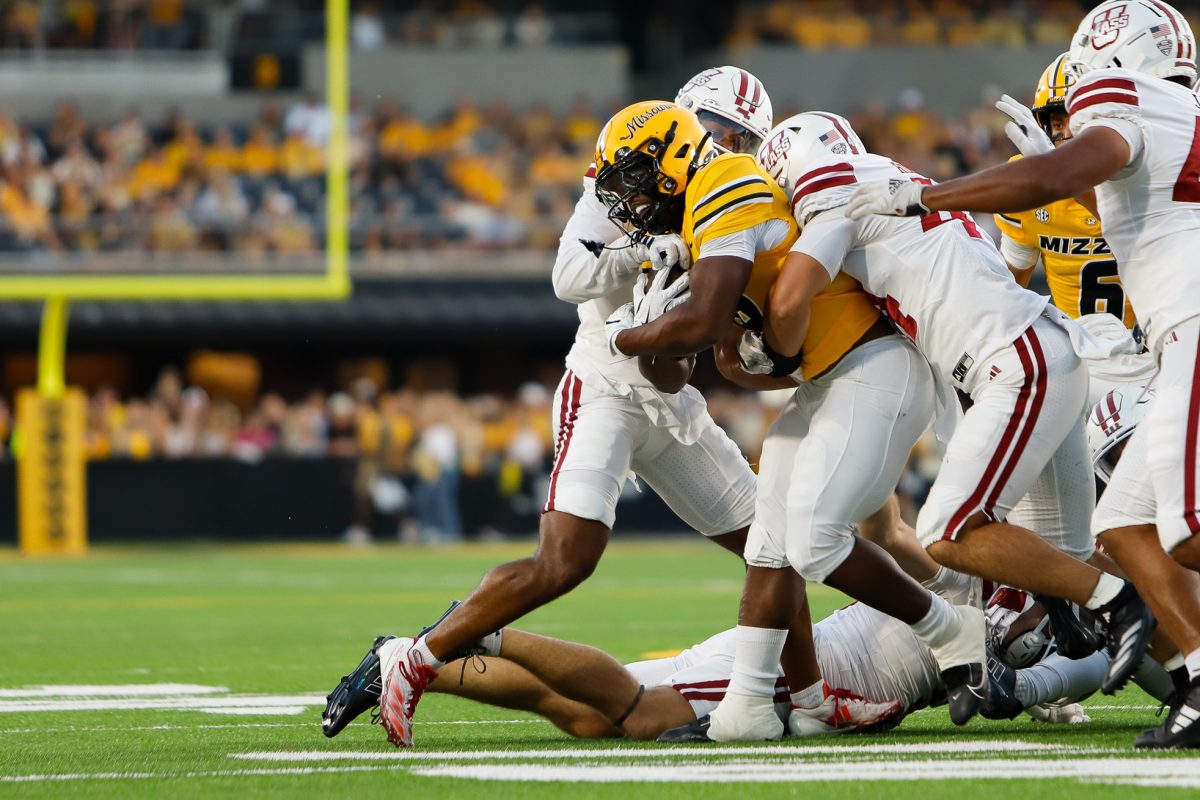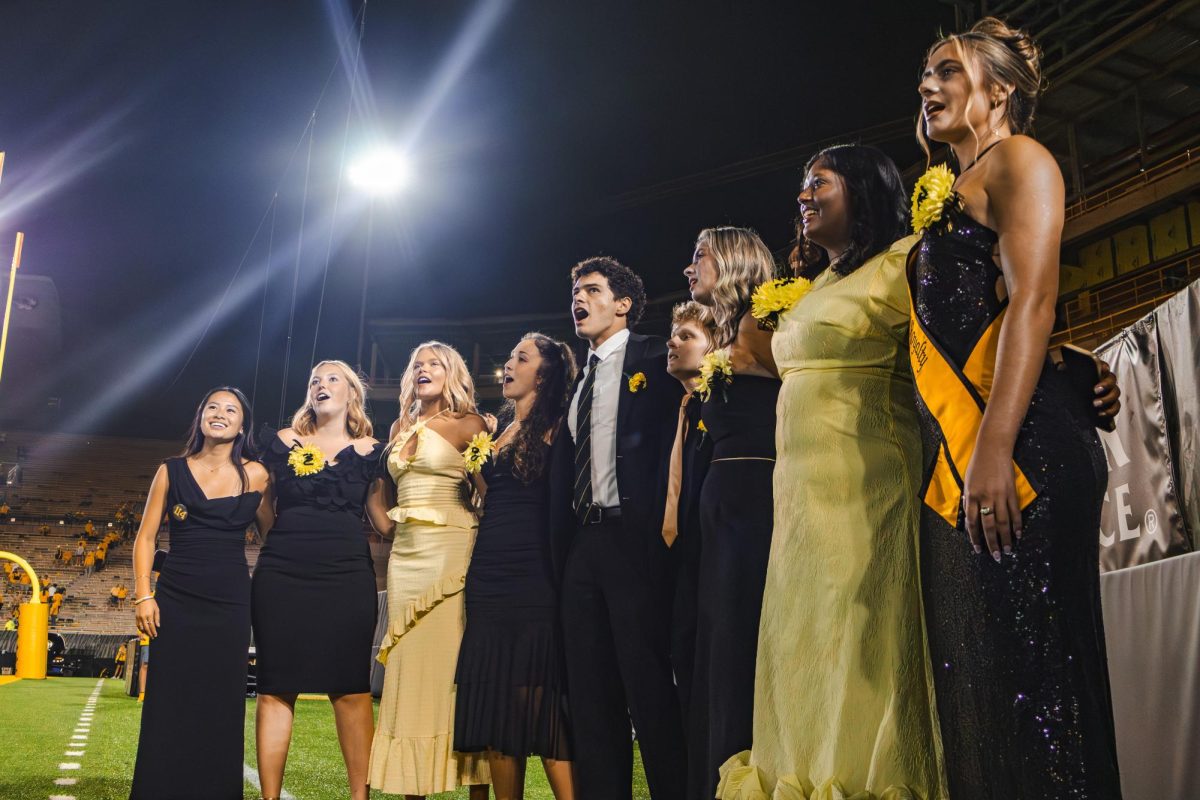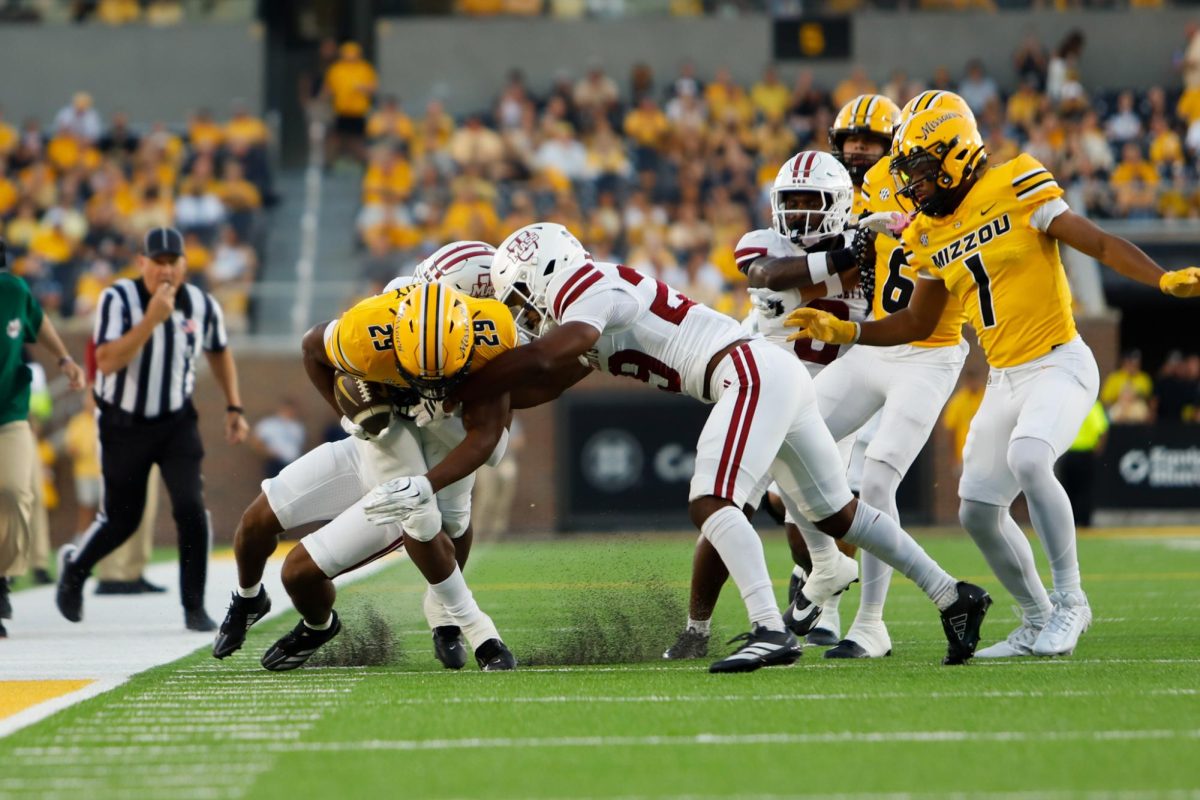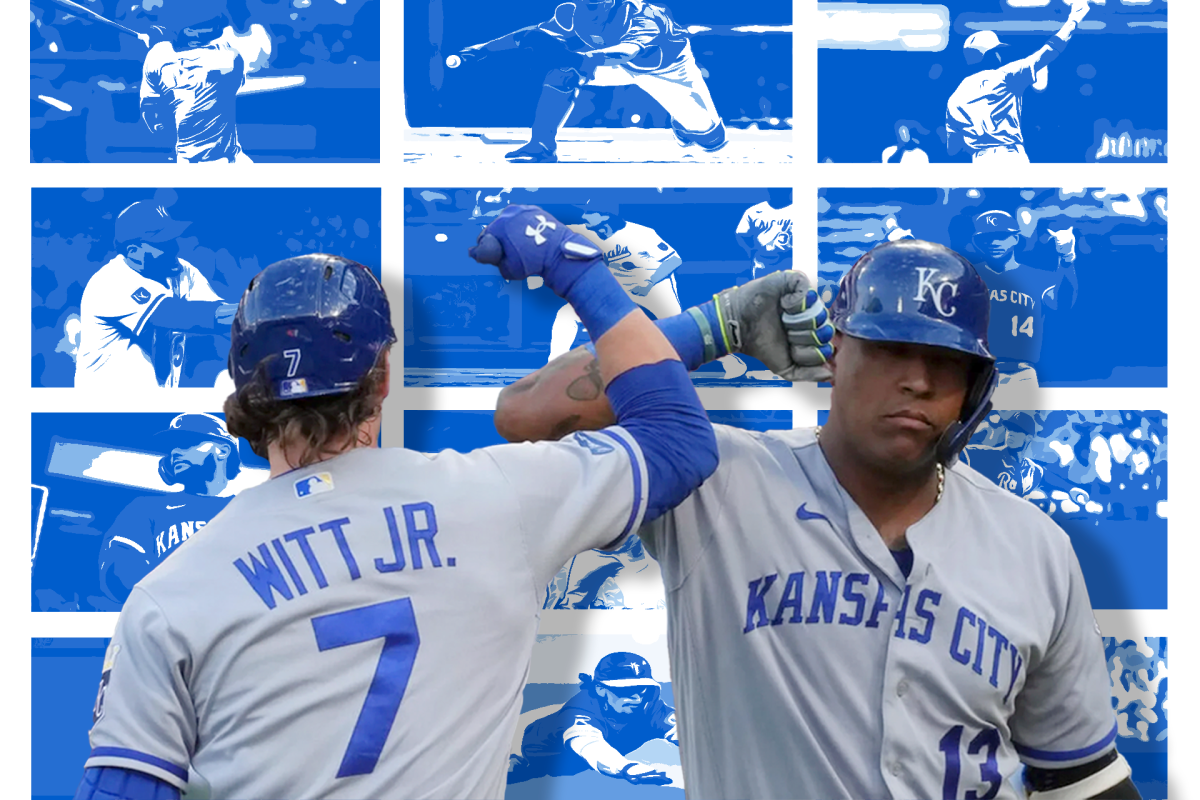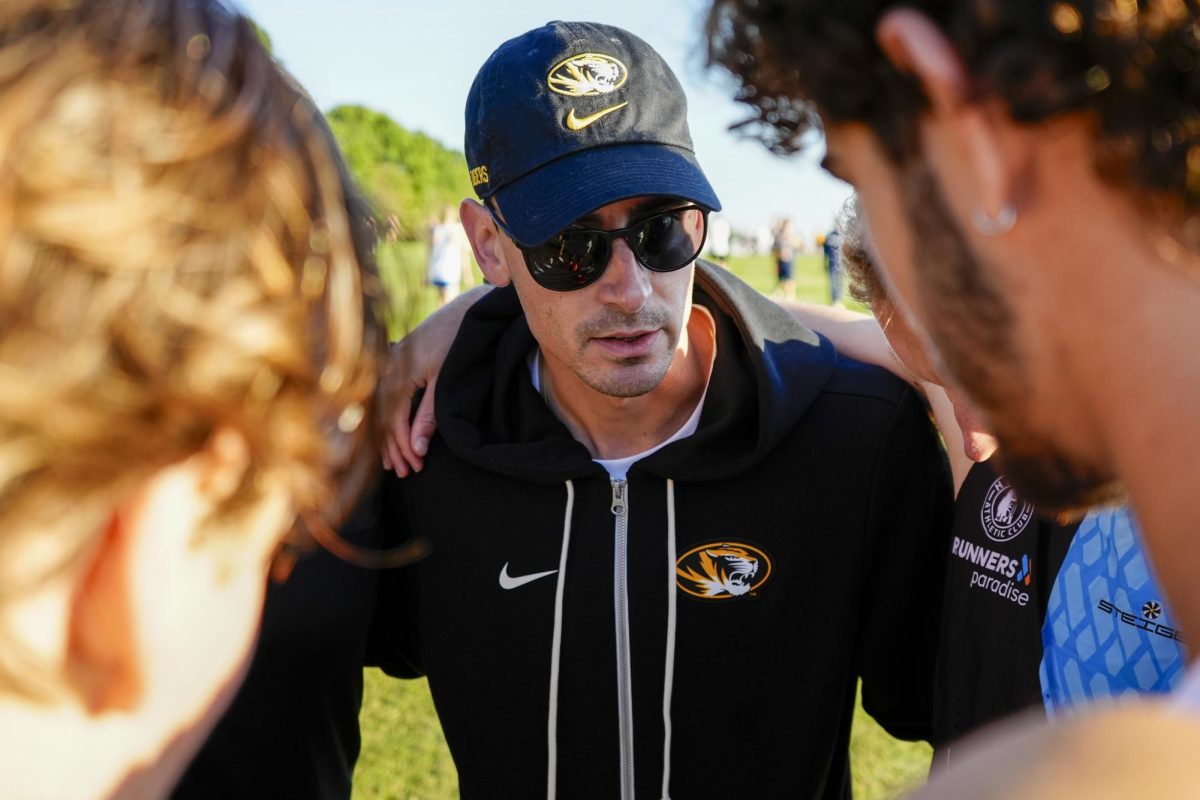The culture of a college football program is often cited for many things: bringing in high-profile recruits, the ability to handle adversity, winning National Championships.
While Missouri may not be familiar with the latter, it is with the former two — especially this season.
“You look at the culture of the guys we recruited, you look at the culture and direct ownership that we have on who we want to be — what’s our DNA,” coach Barry Odom said. “The experiences that these guys have formed together — it’s a brotherhood built on love and trust and honesty. We know we’re going to have adversity. That’s the name of the game. That’s life.”
As Missouri waits for news regarding its NCAA appeal, the team stands by the belief that everything they face makes them stronger.
“The culture’s shaped by [adversity],” redshirt senior Richaud Floyd said. “You just build a sense of toughness. Coach Odom preaches everyday ‘Be tough. Fight through adversity.’”
Running backs coach Cornell Ford is entering his 19th season with Missouri and fourth as an assistant head coach. He emphasized the importance of the attitude of the players and coaches and the impact it has during hard times.
“I think we believe in each other,” Ford said. “The kids here have the kind of attitude that regardless of what we’re going through, we can be successful. It starts at the top with coach Odom but all the coaches breed that as well.”
Ford’s three words to sum up the culture at Missouri?
Family. Respect. Belief.
The idea of family was also referenced by redshirt junior tight end Albert Okwuegbunam. He’s had his own fair share of personal hardship in the past year after breaking his scapula against Florida last year and missing the final games of the season.
Okwuegbunam hopes he can help the younger players understand the values of Missouri’s culture early on.
“[I’m] just expressing our resilience,” Okwuegbunam said. “Not just mine, but instilling that in the younger guys. Just knowing that as divisional football players, especially in a program like Mizzou where we’ve experienced a lot of turbulence, that no matter what’s thrown our way we’re gonna be alright as long as we stick together as a family and keep pushing on.”
To Ford, it’s players like Okwuegbunam who make the culture at Missouri special.
“They have a good understanding of what we want and what we allow,” Ford said. “Our coaches understand it, and our kids, they buy into it. They really don’t have a choice, but most of them come here because of our culture.”
Missouri’s culture doesn’t just bring players in — it keeps them. From October 2018 to Aug. 11, 2019, the Tigers had only two players enter the transfer portal, the lowest number in the SEC. In comparison, Arkansas lost 23 players.
“It’s an honor to be here every day,” Floyd said. “It’s an honor to play football every day, so you have to treat yourself and carry yourself with that.”
One of the oldest members of this year’s Missouri team, Floyd said the relationship the players have with each other — especially the freshmen with older teammates — has changed since he arrived in 2015.
“When I first got here, we had a lot older team,” Floyd said. “[Gary] Pinkel redshirted most of the guys coming in. Now I feel like we’re starting to bring in the freshmen, incorporate them faster than usual.”
While many often associate the culture of a program with the coach at its helm, Ford doesn’t think that was the case. When Missouri’s reigns transferred from Pinkel to Odom prior to the 2016 season, there were some slight shifts, but for the most part, the culture stayed the same.
“[Odom] kind of continued some of the things coach Pinkel did, but he brought his own flavor to the program as well,” Ford said. “It was a little bit different initially, but the culture didn’t change. What we were looking for out of the players, their behavior… that stayed consistent. Now, some of the things we were doing in the program, that changed, but our kids seemed to understand it.”
As for Odom, he knows the culture of his program — and its successes and failures — has a much larger impact off the field than it does on it.
“We’re building things to create lifelong relationships, but also… understand it’s so [much] bigger than us,” Odom said. “We represent something a lot bigger than ourselves.”
_Edited by Maureen Dunne | [email protected]_


